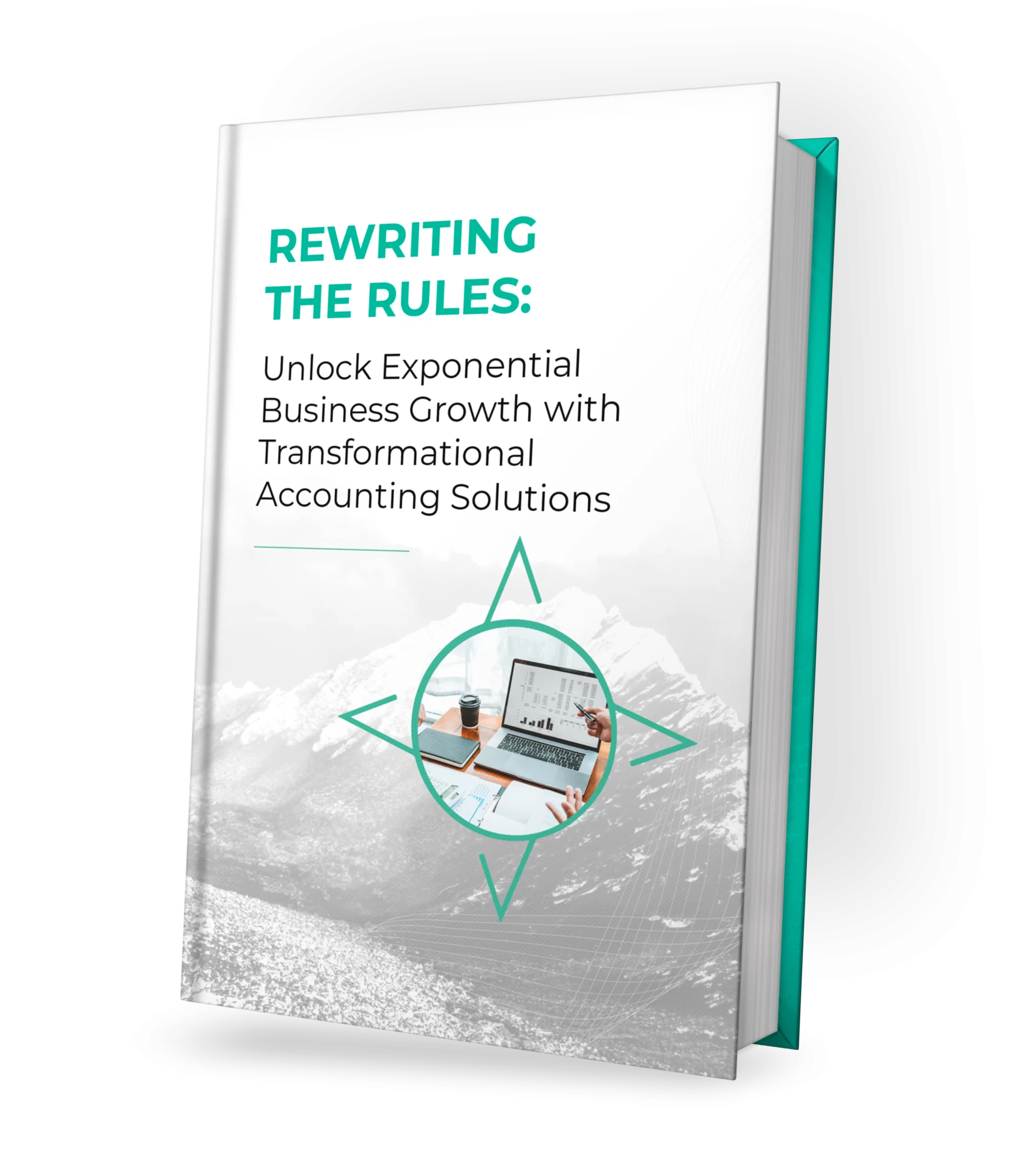Introduction
Charitable giving is an important aspect of financial planning for many individuals. It’s not just about the altruistic satisfaction but also about smart tax planning. If you are expecting to report significant taxable income this year, every dollar gifted to charity will reduce your tax payable to the government by 37% (or your marginal tax rate). But what if you are not sure which charities you want to support today? Let’s say you have charitable intent and want a tax deduction today and are willing to decide which charities will receive the funds tomorrow. If this sounds interesting to you let’s delve into the intricacies of two popular vehicles for philanthropy: Private Foundations and Donor-Advised Funds (DAFs). This article aims to guide you in making an informed decision between making a contribution to charity directly today or using one of two pay-now, gift-later options and shed light on their respective tax advantages.
Table of Contents
- What is a Donor-Advised Fund (DAF)?
- Understanding Private Foundations
- Comparing DAFs and Private Foundations
- Making the Right Choice for Your Charitable Giving
- Conclusion
What is a Donor Advised Fund (DAF)?
A Donor-Advised Fund is a philanthropic vehicle that allows donors to make a charitable contribution, receive an immediate tax benefit, and then recommend grants from the fund over time. An important aspect of a DAF is that it’s managed by a sponsoring organization, which maintains legal control over the assets but typically adheres to the donor’s grant recommendations, provided they align with IRS-recognized charities. You can create a Donor-Advised Fund (DAF) with many institutions including most of the major brokerage firms like Morgan Stanley, Fidelity, Schwab, etc.
Understanding Private Foundations
A private foundation is another form of philanthropic giving, where an individual, family, or corporation makes an irrevocable gift to a corporation they have created. This entity is managed by its trustees or directors and can be more time-consuming and costly to administer than a DAF. Startup costs include legal work and a filing with IRS to request tax exempt status as a private foundation.
Comparing Donor Advised Fund and Private Foundations
When choosing between a DAF and a private foundation, consider the following:
| Donor-Advised Funds | Private Foundations | |
|---|---|---|
| Start-Up Time | Immediate | Can take several weeks or months |
| Start-Up Costs | None | Legal and accounting fees are typically meaningful |
| Tax deduction limits for gifts of cash | 60% of adjusted gross income | 30% of adjusted gross income |
| Tax deduction limits for gifts of stock or real property | 30% of adjusted gross income | 20% of adjusted gross income |
| Valuation of gifts | Fair market value | Fair market value* for publicly-traded stock, cost basis for all other gifts, including gifts of closely-held stock or real property |
| Required Grant Distribution | None | Must distribute 5% of net asset value annually |
| Excise tax on investment income | None | Excise tax on 1.39% of net investment income annually |
| Privacy | Names of individual donors are not disclosed to the public, and grants can be made anonymously | Must file informational returns, which are available to the general public, disclosing detailed information on grants, investment fees, trustee names, staff salaries, etc. |
| Administrative Responsibilities | Recommend grants to favorite charitable causes | Manage assets, keep records, select charities, administer grants, file state and federal tax returns, maintain board minutes, etc. |
Making the Right Choice for Your Charitable Giving
Your decision should be based on factors like the level of involvement you desire in grant-making, the type of assets you plan to donate, your financial situation, and your desire for balance between control and compliance. Consulting with your advisors can provide tailored advice that aligns with your philanthropic and tax planning goals.
Planning tip: Gift appreciated long-term holding period securities (ex. publicly traded stock) rather than cash and save even more on taxes.
Conclusion
Both Donor-Advised Funds and Private Foundations have unique benefits and limitations. Your choice depends on personal preferences, financial objectives, and philanthropic goals. We recommend discussing with a tax and financial advisor to determine the best fit for your charitable giving strategy and income tax planning. If you are interested in exploring which option may be best for you, contact us today!

